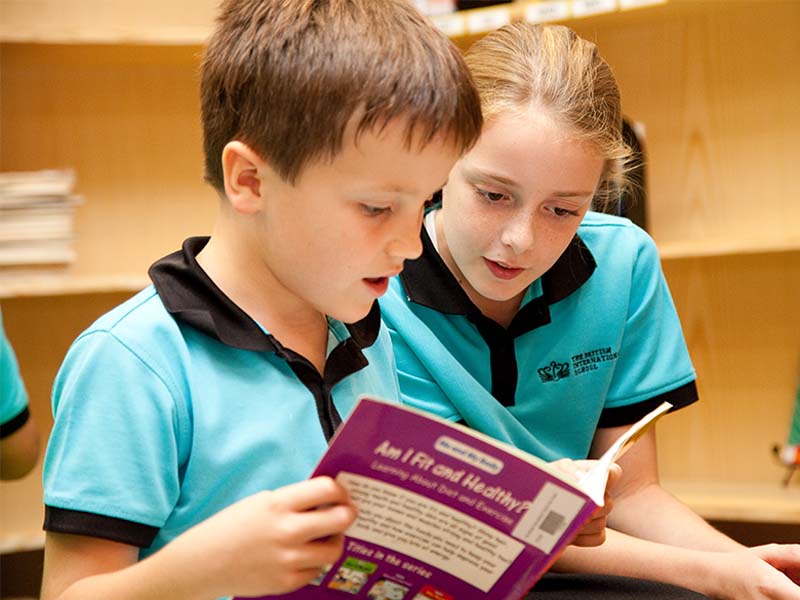We use cookies to improve your online experiences. To learn more and choose your cookies options, please refer to our cookie policy.

Reading great books is a fading practice. According to the National Endowment for the Arts, literary reading has declined steadily to an all-time low. Does this matter? Absolutely. As the report shows, reading correlates to educational achievement. High quality books encourage lifelong learning.
The great orator and leader Abraham Lincoln asserted “The things I want to know are in books.” In her Philosophy of Education, influential English educator Charlotte Mason wrote that “the best thought the world possesses is stored in books; we must open books to children.” More recently, research such as that shared by Keith Stanovich in Psychology Today corroborates the profound efficacy of reading. As he affirms in a related video, “Does reading make you smarter? Yes.” Similarly, notable speaker, Alan Zimmerman argues that reading is “one of the most important things you MUST do to achieve extraordinary success at work as well as at home.”
Messages abound urging the importance of reading, including this TED talk by Lisa Bu about how books open your mind. Likewise, according to David Robinson, one of the creators of Nord Anglia’s Global Library, “Reading literally transforms lives. It boosts academic achievement in all subject areas and is proven to improve empathy.”

We derive the highest benefit by choosing the richest literature. Books might be described as either twaddle or living, to borrow a phrase from Ms. Mason. Twaddle represents simplistic writing that does little to stimulate critical thinking. In contrast, living books expand the mind, elevate the spirit, and help us grapple with meaningful questions about humanity. Living literature offers fruitful ideas and a passion for learning.
If we challenge children (and ourselves) to ingest books of merit such as To Kill a Mockingbird, Things Fall Apart, Passionate Observer, or The Medusa and the Snail, we will see exponential growth of knowledge, understanding, and humanity. The number of valuable books is countless. The reasons for reading living literature are many. Together, they promote lifelong learning:
As an educator, a father, and a learner, I believe the evidence is clear. Literature remains one of the most powerful pathways for productive learning. Read living books, great literature, and open the doors of the past, the present, and your future. Reading helps each of us develop a full life.